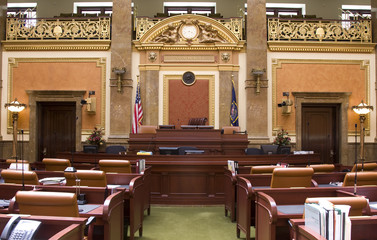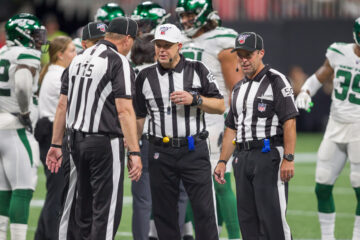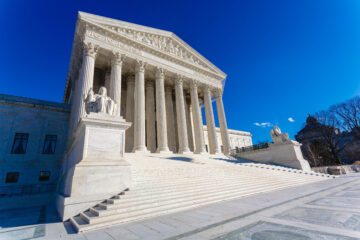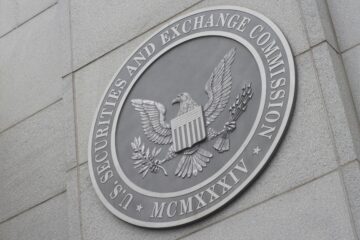
“
More than 60 years ago, the U.S. Supreme Court ruled that the state of Alabama could not require the NAACP to disclose its membership list.
In NAACP v. Alabama ex rel. Patterson, the court unanimously held that the civil rights organization had shown that disclosure of its members in the state would expose them to retaliation in the Jim Crow South.
“This court has recognized the vital relationship between freedom to associate and privacy in one’s associations,” Justice John Marshall Harlan II wrote for the court. “Inviolability of privacy in group association may in many circumstances be indispensable to preservation of freedom of association, particularly where a group espouses dissident beliefs.”
Next week, the high court will hear arguments in a case that is a next-generation variation of that 1958 decision. The case, Americans for Prosperity Foundation v. Rodriquez, is about the state of California’s requirement that nonprofit organizations submit a list of their top donors each year. It represents a battle between state oversight of charitable organizations and the First Amendment’s right of freedom of association.
To some observers, the case may affect campaign-disclosure laws and the court’s 2010 decision in Citizens United v. Federal Election Commission, which authorized unlimited independent political expenditures by corporations (including nonprofit ones) and unions.
“You’re seeing very different types of narratives in this case,” says Cindy M. Lott, an associate professor at Columbia University and an expert on the regulation of nonprofits. “You have amicus groups concerned about transparency versus those who want to make sure First Amendment associational rights are protected.”
This article was originally posted in the ABA Journal
To read the rest of the article click here.


